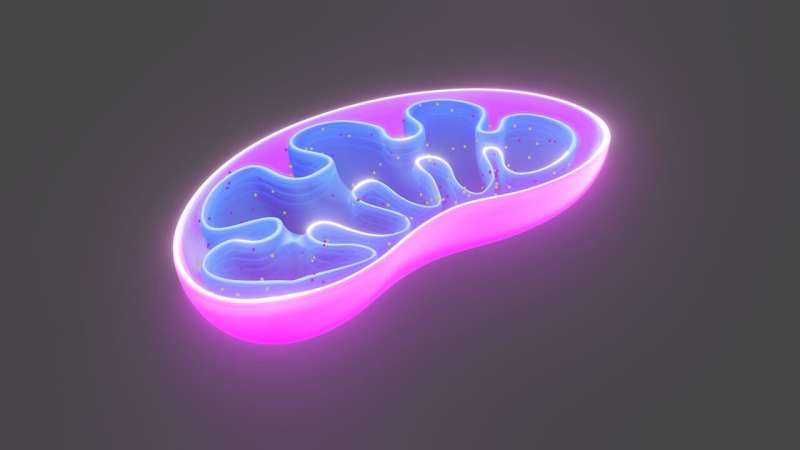Innovative Use of Digital Twin Technology to Combat Healthcare Provider Burnout

Healthcare provider burnout remains a significant challenge, impacting the well-being of doctors and nurses and the quality of patient care. Recognizing the critical need for proactive solutions, researchers from Virginia Tech, led by Assistant Professor Taylan Topcu, are exploring the potential of digital twin systems to address this issue. A digital twin is a virtual replica of a physical system that integrates real-time data, enabling simulations and analyses that would be difficult or impossible to perform physically.
Topcu's team aims to develop a digital twin designed specifically to monitor burnout indicators among healthcare providers. By analyzing data such as workload, emotional stress, and task satisfaction, the system can predict burnout trajectories and generate actionable insights. This proactive approach allows for early interventions, helping providers manage workload and emotional health more effectively.
The project utilizes data from electronic health records (EHRs) and incorporates direct input from healthcare professionals through surveys and interviews to capture factors like fatigue and job satisfaction, which are often missed in routine data collection. Early findings suggest that current healthcare systems tend to over-prioritize administrative tasks and electronic documentation, which contribute to provider stress and burnout.
This interdisciplinary effort underscores the importance of systems engineering techniques in healthcare innovation. While there are challenges, including data privacy regulations, the researchers have managed to gather valuable insights to lay the groundwork for practical digital twin applications.
Looking forward, the team plans to build a prototype burnout prediction model and test it within real healthcare settings. The ultimate goal is to create an integrated system that not only predicts and prevents burnout but also transforms the entire healthcare delivery process to promote sustainability and well-being.
Topcu emphasizes that this initiative aims to fundamentally rethink healthcare operations, shifting towards automation and workload reduction while preserving personalized care. Such advancements could lead to a more efficient, equitable, and sustainable healthcare system, benefiting providers and patients alike.
This innovative approach stands as a promising step toward mitigating healthcare provider burnout, ensuring a healthier workforce and improved patient outcomes.
Source: https://medicalxpress.com/news/2025-05-health-burnout-digital-twin.html
Stay Updated with Mia's Feed
Get the latest health & wellness insights delivered straight to your inbox.
Related Articles
High Blood Pressure During Pregnancy Elevates Child's Seizure Risk, Study Finds
A new study reveals that high blood pressure during pregnancy significantly increases the risk of seizures in children, highlighting the importance of managing maternal hypertension for child neurological health.
Innovative Gene Therapy Shows Promise in Reversing Diabetic Heart Disease in Mice and Human Cardiac Tissues
A groundbreaking gene therapy approach targeting glycophagy has demonstrated success in reversing diabetic heart failure in mice and human cardiac tissues, offering new hope for targeted treatment of diabetic cardiomyopathy.
Early Mitochondrial Dysfunction and Myelin Loss Key Factors in Multiple Sclerosis Brain Damage
New research sheds light on how early mitochondrial impairment and myelin loss contribute to cerebellar damage in multiple sclerosis, offering hope for targeted therapies to protect brain health.
Limited Effectiveness of Emergency Health Messaging on Social Media Platforms
A recent study highlights the limitations of social media in emergency health communication, emphasizing the need for more interactive and multilingual approaches during health crises.



